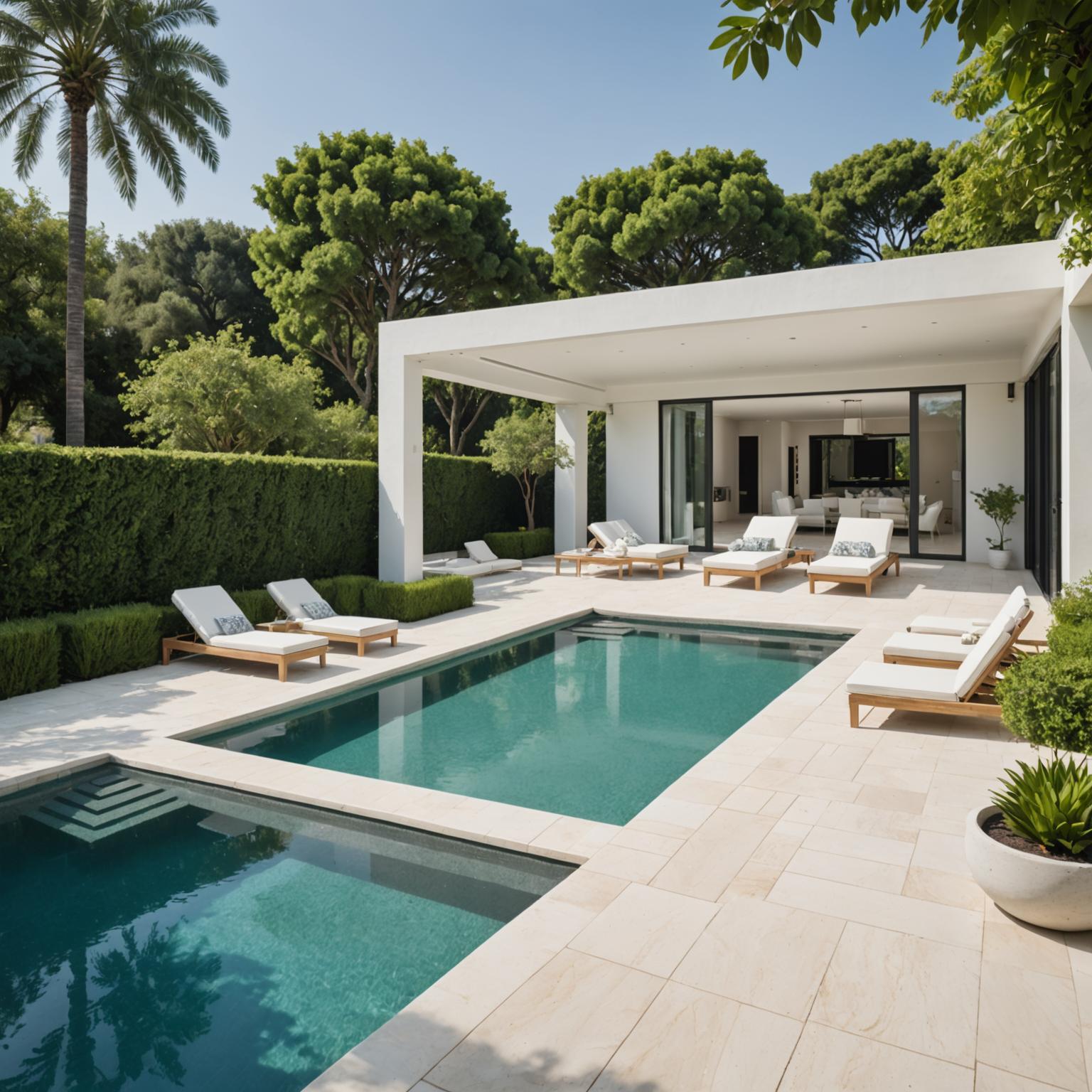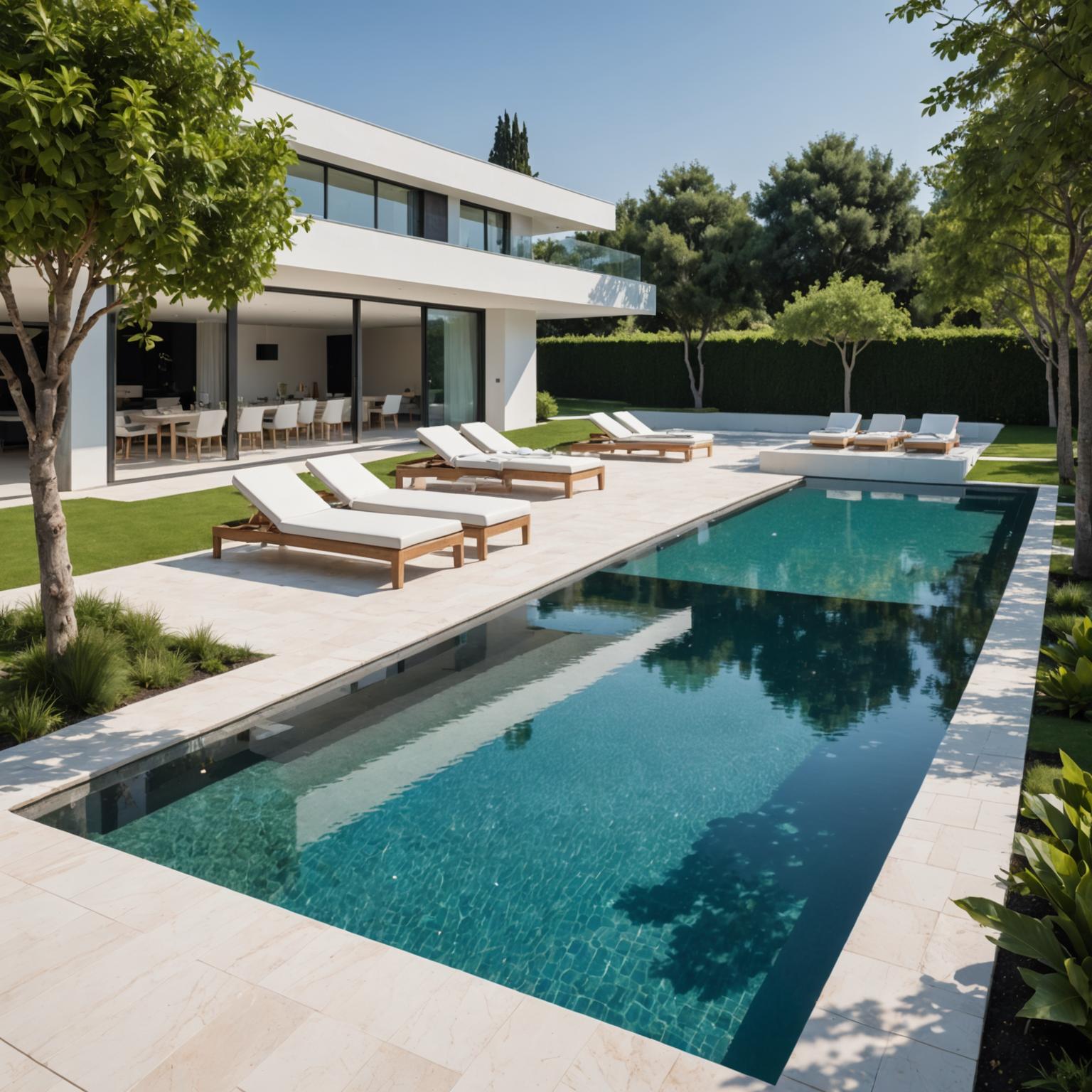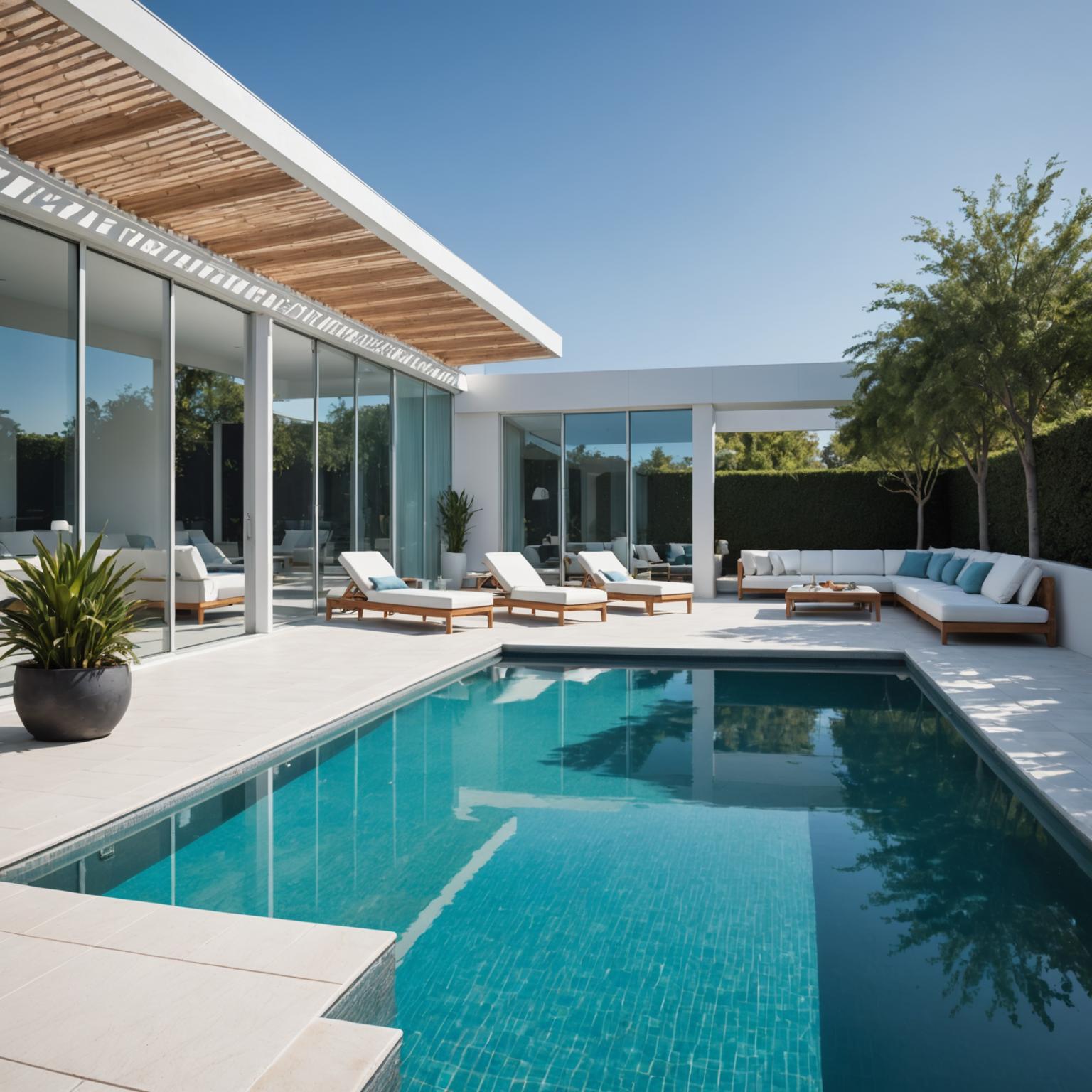
Flow Integrity in Design: How Pool Vacuum Hose Suppliers Ensure Efficiency and Durability
The Weakest Link in Pool Cleaning Systems
In any professional pool maintenance setup, the vacuum hose often receives the least attention—yet it dictates the entire system’s efficiency. Acting as the hydraulic artery between the vacuum head and filtration system, it governs suction consistency, flow velocity, and debris transport.
Low-grade hoses typically introduce drag, air leakage, and turbulence. For every 10 meters of rough or kinked tubing, facilities may lose 5–10% of suction efficiency, increasing energy consumption and cleaning time.
A hose failure is not a minor defect—it is a systemic loss of hydraulic integrity.
Environmental stress compounds the problem. Exposure to UV rays, chlorine, and fluctuating temperatures accelerates material fatigue, leading to cracks, collapses, and unpredictable pressure drops.
Engineering Principles: Fluid Mechanics Meets Material Science
Leading pool vacuum hose suppliers design around the dual disciplines of fluid mechanics and material engineering.
Every curvature, wall thickness, and polymer layer affects flow resistance and long-term reliability.
Key engineering considerations include:
-
Internal Surface Optimization: Smooth interior surfaces reduce turbulence and maintain laminar flow, minimizing pump load and energy waste.
-
Corrugation Geometry: External ribbing provides flexibility without compromising internal flow diameter, balancing mobility and pressure strength.
-
Material Formulation: Advanced PVC/EVA composites combine elasticity with chemical stability, resisting chlorine, UV, and saltwater degradation.
-
Anti-Collapse Architecture: Reinforced helix structures distribute pressure evenly, maintaining shape integrity under negative pressure conditions.
-
Temperature Stability: Additives extend flexibility from -20°C to 60°C, preventing brittleness in cold or tropical climates.
Effective hose design is not about appearance—it’s about maintaining a consistent flow rate under stress and temperature variation.
This combination of hydrodynamic precision and polymer innovation transforms a simple tube into a critical piece of engineered equipment.
Comparing Generic vs. Engineered Vacuum Hoses
| Parameter | Standard Hose | Engineered OEM Hose |
|---|---|---|
| Material Composition | Single-layer PVC | Dual-layer PVC/EVA composite |
| Internal Friction | High (rough wall) | Low (smooth laminar surface) |
| Collapse Resistance | <0.8 bar | ≥1.2 bar |
| Connector Seal | Manual assembly | Molded precision coupling |
| UV Resistance | Limited | UV stabilizer integrated |
| Expected Service Life | 1–2 years | 3–5 years continuous operation |
In controlled testing, engineered hoses demonstrated 30% faster suction recovery and maintained structural integrity after over 5,000 flex cycles—proof that manufacturing precision directly influences maintenance reliability.
Applications Across Diverse Environments
Each operating environment imposes unique hydraulic and chemical demands. Professional suppliers engineer hoses that adapt accordingly.
-
Commercial Aquatic Centers: Require long, heavy-duty hoses that maintain stable suction during extended operation hours.
-
Resort & Hotel Pools: Favor lightweight, noise-reducing hoses for frequent, quick cleaning cycles.
-
Industrial and Spa Facilities: Operate under high-chlorine or acidic water conditions; reinforced polymer layers and anti-oxidation coatings extend lifespan.
-
Cold Climate Pools: Utilize anti-freeze PVC blends that preserve flexibility even below freezing temperatures.
Tailoring material performance to environmental variables ensures stable suction, predictable maintenance, and cost-effective operation.
Procurement Guidelines: Evaluating Supplier Reliability
Procurement decisions should rely on measurable engineering criteria, not catalog aesthetics. Key parameters include:
-
Pressure Rating: Anti-collapse threshold ≥1 bar and tensile strength >15 MPa.
-
Dimensional Precision: ±0.1mm tolerance ensures consistent inner diameter and suction rate.
-
Connector Standardization: Compatibility with 1.5” and 2” vacuum fittings across brands.
-
Material Validation: Certified for chlorine, ozone, and UV resistance.
-
Coiling Design: Anti-kink winding that prevents torsion and maintains free flow.
By focusing on these metrics, operators reduce the frequency of replacements and ensure long-term hydraulic efficiency.
Reliability in pool maintenance depends less on the pump’s horsepower and more on the integrity of the hose system that connects it.
Export-Ready Hose Engineering by Bonny
With precision extrusion technology and OEM-level molding capability, Bonny manufactures pool vacuum hoses optimized for performance and global compatibility. Each production batch undergoes tensile, UV, and negative pressure testing to ensure consistent flow characteristics and dimensional accuracy.
Bonny’s export-grade designs support long service life, modular interface compatibility, and the durability expected in professional aquatic environments.
To explore OEM hose supply or integrated pool cleaning systems, visit Bonny’s homepage or contact us here.







